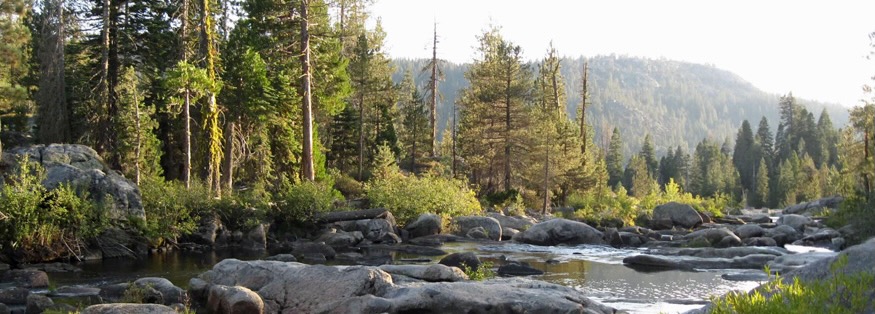Why Summer Camp Still Shapes Character: What I Learned Visiting Camp Wolfeboro

This July, I drove to Camp Wolfeboro to visit my son, Noah, who’s working on staff this summer. What I witnessed was a community of young people who genuinely care for each other—staff members who return year after year, even during college summers, not primarily for the modest pay, but for the belonging and friendships they’ve built. Watching these teenagers take responsibility for younger scouts, solve problems together, and support each other through challenges reminded me why scouting creates such lasting bonds—few other activities offer the same opportunity for kids to grow together in one community over so many years.
In our increasingly fragmented communities, scouting provides something many boys and girls desperately need: authentic belonging and multigenerational mentorship. As both an educator and parent, I see students who can navigate complex technology but struggle with basic social interactions, who can Google any fact but lack the social and emotional intelligence to work through real challenges with peers. Scouting addresses this gap by building intentional communities where shared values are deliberately cultivated through peer leadership and shared experiences.
What I observed at Wolfeboro was social-emotional learning (SEL) in its most authentic form—young people developing self-awareness, self-management, and responsible decision-making not through worksheets or discussions, but through real challenges that require these competencies for success.
Building Real Competence
What makes scouting unique is its focus on developing genuine competence alongside character. When scouts learn to cook, set up camp, or lead a patrol, they gain real confidence that comes from actual ability rather than empty praise. The Scout Law isn’t just recited—it’s lived through daily interactions where being trustworthy, helpful, and kind becomes second nature.
Research consistently shows that youth in character-building organizations like scouting demonstrate higher levels of civic engagement, leadership skills, and life satisfaction as adults. (Tufts study on character building, “The Scouting Edge” Poll)
In a world that often prioritizes individual achievement over service to others, scouting offers a different path—one focused on raising not just successful young people, but good ones who understand that true leadership means serving others and that belonging comes with both rights and responsibilities.
A Personal Investment
As a Santa Cruz Lions Club member and the charter representative to our local scout troop, I’ve seen firsthand how these community partnerships strengthen both organizations. When I put Noah in scouting in 2nd grade, it wasn’t because I was nostalgic for my own childhood experiences—I actually didn’t make it far in scouts myself. Instead, I recognized something that was becoming increasingly rare: a structured environment where kids develop character through authentic challenges alongside caring adults who aren’t their parents or teachers.
What I didn’t anticipate was how scouting would also give me a community of friends and fellow parents who share similar values about raising good kids. As both an educator and father, I’ve watched scouting provide Noah with leadership opportunities, lasting friendships, and a moral compass that no classroom lesson could replicate.
Even the challenges reveal the program’s value. Watching parents navigate the delicate balance of supporting their teenagers while allowing independence reminded me why these communities matter. Young people need space to develop autonomy, but they also need the security of knowing caring adults are present. Scouting provides that — a network of relationships where kids can practice SEL skills like self-management and social awareness within a framework of support and shared expectations.
For any parent wondering whether these traditional youth organizations still matter in our digital age, my answer is simple: they matter more than ever.
Sometimes the most important lessons happen around a campfire, not in a classroom. 🏕️⚜️
Learn More: